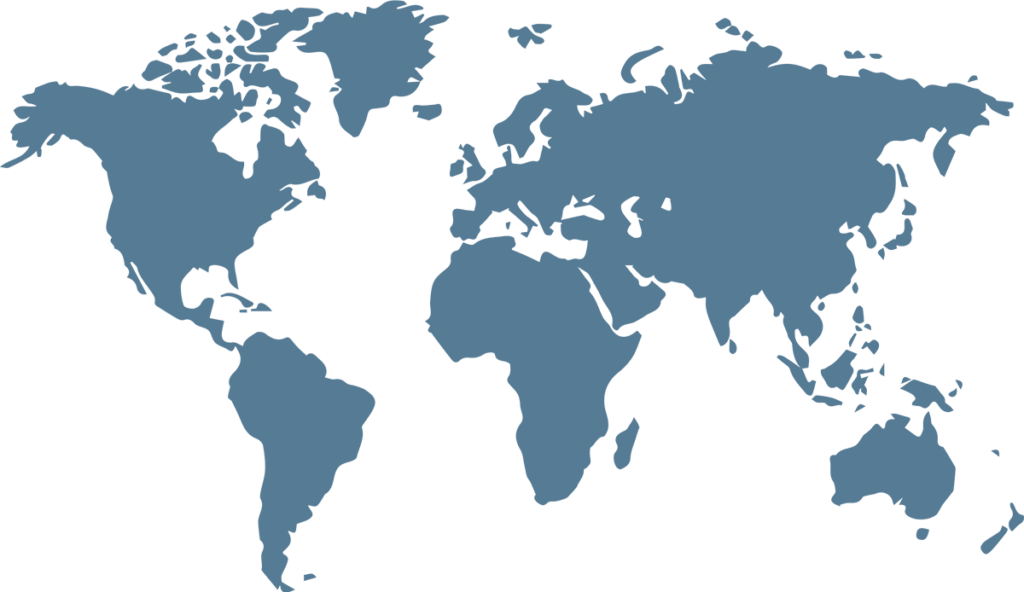In July, I shall be visiting Buckingham Palace with my wife for an audience with Her Majesty the Queen to discuss Zambia. We will be driven from the Foreign Office, down the Mall, and in through the Palace gates. I know the routine quite well by now, having seen the Queen several times already. Smartly dressed equerries – military officers in uniform who act as Royal assistants – will meet and guide us through carpeted antechambers. They will remind us to bow or curtsey at the right moments, and to address the Queen as Your Highness or Ma’am (rhyming with ham not harm). My wife will wear a hat and gloves – and probably insist that the hat should be a new one!
The occasion is a reminder of the Queen’s role in the British system of government as a constitutional monarch. Executive authority rests with the British Government not the Queen. But she is our head of state and a globally recognised figurehead. The Monarchy may seem a historical oddity, archaic to some, but it remains very popular in Britain. It has evolved over centuries from King John and the Magna Carta, through King Charles I’s ill-fated power struggle with Parliament, to the long reign of Queen Victoria, and it continues to evolve, which is why it has survived. A monarchy is not unique to Britain – there are other monarchs in Europe and elsewhere. But we have developed our own special form of monarchy and government – and it works for us.
Every country does the same thing: over time fashioning a system of government that suits its own particular history and culture. In Zambia, you have opted for an executive president. His Excellency the President is elected and forms a government; there is no prime minister because the President himself has executive power. During the course of 14 diplomatic postings I have been fascinated by the variations of government encountered across Africa, Asia, and Australasia – from the dictatorship of Colonel Qadhafi whose evil regime I experienced in the late 1990s, to the breezy informality of an Australian Prime Minister with whom I shared a drink at his residence overlooking Sydney Harbour.
The main lesson for me is that, whatever the precise form, the systems that deliver the best services to their peoples are those based on the fundamental principle: that it is the people who choose their government. That means democratic systems using free and fair elections through universal suffrage. To paraphrase Winston Churchill, whatever the flaws of democracy, it is the least bad system that any one has yet devised. After all, which countries are the most successful in terms of bringing prosperity and freedom to their peoples? It is the liberal democracies around the world – not only in the West – because of their choices of political and economic governance. They have very free capitalist societies, where individuals and business people are able to devote their energy and creativity into making wealth and jobs. They have societies where accountability is highly important – through the rule of law, freedom of the media, and active civil society.
There are exceptions to the link between democracy and economic success – with China being the obvious one. But for the vast majority it’s a combination of political and economic freedom that produces the best deal for ordinary people. When authoritarianism is justified on the grounds of national development, I am reminded of President Suharto of Indonesia, whose bloody hand I shook shortly before his overthrow in 1998. Suharto insisted that his so-called authoritarian rule was necessary for his country’s development – when in fact it was merely cover for gross corruption through which his family looted Indonesia’s wealth. Very occasionally a truly benign dictator emerges – as in Singapore decades ago – but the vast majority are charlatans abusing a lack of democratic safeguards to enrich themselves. Look no further than recent Zimbabwe.
It is very probable therefore, that a more authoritarian form of government would be bad for Zambia. Yes, democracy poses problems for growing economies, due to the short-term objective of winning the next election. Minority groups can be disadvantaged, too. But why should Zambia be different from Asian democracies like South Korea who have managed astounding growth? What Zambia needs is not less freedom but more. I was chilled recently to hear a senior Zambian deny the existence of a corruption problem, instead blaming the media for fabricating corruption stories. His solution? Curbs on freedom of expression and the media. But global experience proves that it’s brave investigative journalism and outspoken NGOs like Transparency International that hold corruption at bay – including in my own country. The solution is more transparency, not less, combined with effective legal action against those who indulge in corrupt practices. And it is something that should concern all Zambians because corruption directly affects them – money pocketed through kick-backs is stolen money, stolen from ordinary Zambians because this is money that the government then cannot spend on health care, schools, and economic development.
It was during a visit to Africa – Kenya – in 1952, that HM the Queen heard the news of her father’s death that presaged her own ascension to the throne. The Queen continues to follow events in Africa closely – as I have found when talking to her during previous ambassadorial jobs in Malawi, Liberia and Seychelles. She has known Zambia’s presidents from KK onwards. When I meet the Queen in July, I know she will be genuinely interested in what is happening in Zambia today – and that she will wish Zambia well.
Fergus Cochrane-Dyet OBE
Photo caption: “Royal carriage escorted by Household Cavalry officers: British High Commissioner’s son Captain James on right, Major Twumasi-Ankrah on left.”
Major Twumasi-Ankrah is of Ghanaian descent

